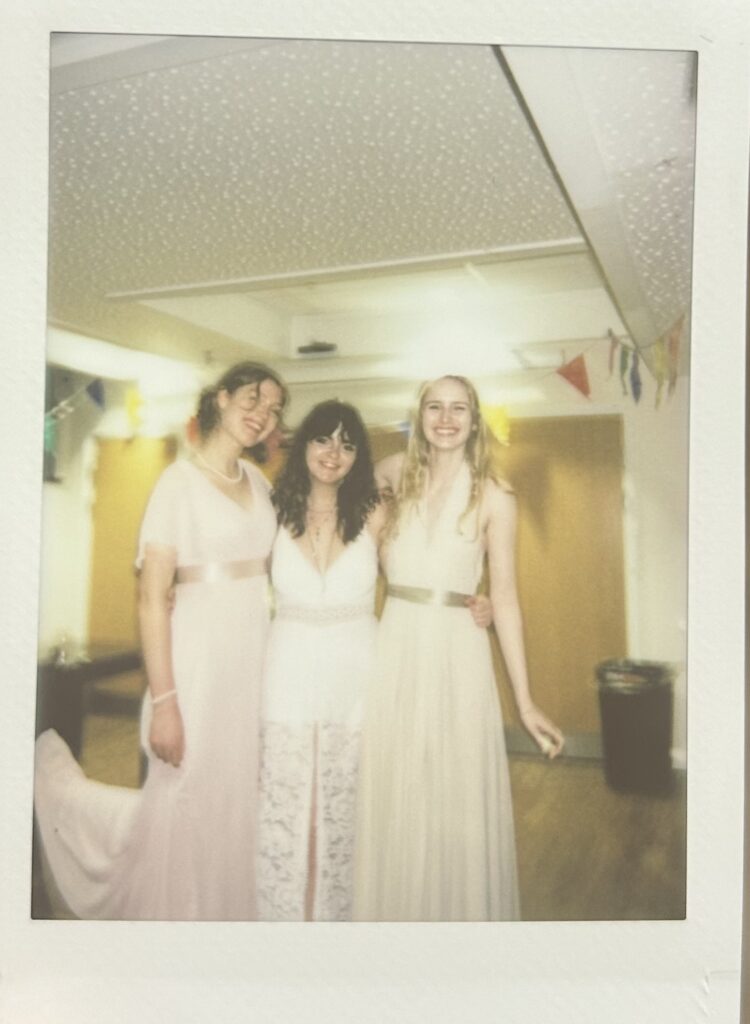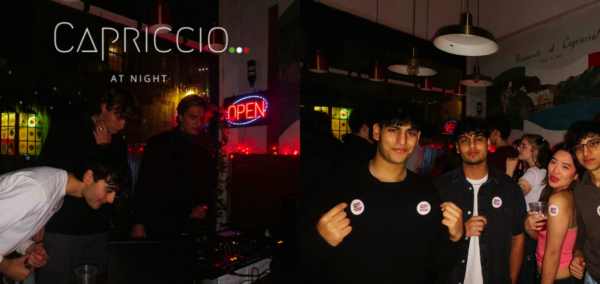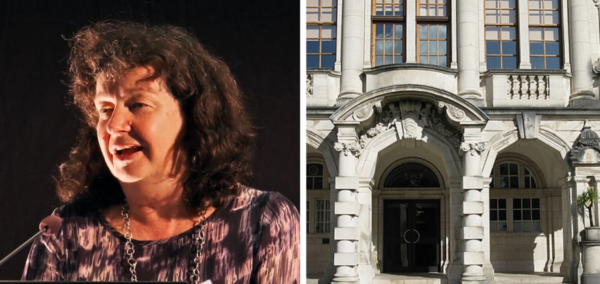
From accent bias to formal dinners: How social class still shapes the Durham experience
A deep dive into the class problem at Durham Uni
Durham stands out from other UK universities for a lot of reasons. But whenever friends from home come to visit, the thing that stands out the most always seems to be class.
When you think about it, it makes sense. Durham is often grouped with Oxford and Cambridge amongst the older, more prestigious universities. We’ve got a Hogwarts aesthetic, formal dinners, balls, colleges and quirky traditions – features that make Durham distinctive and charming, but also present a kind of upper-class image. And, for many students, that image and the experiences it accompanies can feel quite unwelcoming.
I fear that there is, unfortunately, a stereotypical Durham student: Southern, privately educated, well off. For students who don’t fit the archetype, there’s a chance they’ve struggled to fit into the student experience here, if they’ve managed to get here at all.
Durham student house prices aren’t far off London’s
For many, Durham feels simply unaffordable. The Durham Grant and other financial aid schemes and scholarships make a real difference, opening doors to higher education that might otherwise stay closed – but they’re often not enough, and they do little to address the wider cultural problem surrounding class disparities.
I’d say the first major expense facing any Durham student is often rent. Student rent everywhere is bad, but the Durham student housing situation is comparable in price to rooms in London (and London uni students get a higher maintenance loan to cover that).
According to the National Student Accommodation Survey 2025, the average cost of rent for students is £563 per month, with London the most expensive region (£812 per month). Durham’s average student rent is £705.76 per month, which is pretty close to what people could pay in London. Adam Nixon, a Master’s student at a London University, told The Durham Tab: “I really wanted to go to Durham, I had the grades to do it but when I looked at the housing market and cost of living, it quickly became clear that it was financially impossible”.
Every year, the uni rolls out the same message to panicked students: “There is enough student housing to meet anticipated demand in Durham for the next academic year”. But it feels like there’s a cruel irony to this sentiment. There are – in theory – enough houses, even with an 85 per cent increase in the student population since 2003. The problem, however, is that these houses are often unaffordable in comparison to the rest of the UK’s student rental market.
A Durham University spokesperson said: “There is sufficient housing for all students who want it for the 2026/27 academic year. Visit our Housing Hub for more information: https://www.durham.ac.uk/colleges-and-student-experience/housing-hub/.”
Plus, a lot of the houses that are affordable are often quite far out of town. The cheapest student areas to live in are Gilesgate and Neville’s Cross, and both are 20 to 45 minutes away from the city centre. This can add to feelings of isolation for those who are already struggling to keep up with the cost of living. As Juggy, a second year Stephenson student, said: “Living away from campus makes you feel like only 50 per cent a Durham student”. And we haven’t even talked about the Bailey and Hill divide.
No wonder Durham has a class problem – you have to have a major economic safety net behind you to afford to even live here.
A Durham University spokesperson said the university’s most recent student experience survey found students have a strong sense of belonging, and that it has done much to diversify its student intake. However, it recognises there is more to do and is taking steps to widen its accessibility, including through its “most ambitious” plan to date.
Durham student culture has a price tag (and it’s a big one)

A lot of people come to Durham not just for its top-class reputation and state-of-the-art facilities, but for its culture. The Harry Potter fairy-tale aesthetic is a draw, without a doubt. I mean, who doesn’t want to dress up and go have a fancy dinner in an actual medieval castle? But there’s a catch.
Whilst the colleges have different numbers of balls and formals, each one is an expense. Formals at Hild Bede college are £18 per head, not including drinks (and what is a formal without wine?). The Modern Languages Ball last year was £55 (which, to be fair, is pretty good for a ball). Summer and winter balls at some colleges, though, are as steep as £80. This is an optional activity, of course, but it does leave a lot of students feeling left behind when their budgets can’t stretch that far.
This problem becomes all the more pronounced when you account for the “need” for a different dress at every event. There are rentals and swaps available (which I love), but it’s an increased monetary and social pressure for lower-income students. Never mind the massive JCR/SRC levies that need to be paid to attend – Hild Bede’s being £171. And so, the class divide deepens.
A spokesperson for Durham University said: “All of our colleges offer mixed and vibrant communities with people of all backgrounds and experiences.”
The ‘povo’ accent

Being a proud Yorkshire lass myself, I’ve felt the regional divide in Durham, and it has sometimes been pretty alienating. My accent isn’t even that strong (it might get a bit thicker after a few drinks), but I’ve still had quite a few comments on it over the years.
Probably the most memorable instances of my accent being called out are from when I’ve been called a “povo”. I wish I could say this was a one-off occurrence, but it has happened a fair few times on nights out in Durham. My experience is not an exception either.
Amy Williamson, a third year Collingwood student, spoke of how people have made judgmental remarks to her based on her accent: “I got told I’d be more attractive if I had a different accent”. Amy added that, during her first year, she was told “people from the North are less sophisticated and less educated”. Jolie, a graduate from Josephine Butler, said someone once said to her: “I hate the north because I don’t like the people”. These aren’t exactly experiences that make a student feel welcome at university.
A Durham University spokesperson said: “It is unclear how The Tab has gathered the information published, or whether it has undertaken any proper journalistic scrutiny or investigation to establish facts.
“The university’s most recent Wider Student Experience survey received 574 student responses and found that students have a strong sense of belonging in Durham.
“We have done much work to diversify our student intake and build a culture in which people of all backgrounds and respected and valued.
“We recognise there is still more to do, and have just embarked upon our most ambitious Access and Participation Plan to date. We welcome students engaging with us to build the Durham we all want to see thrive.”
Durham seems to have a class problem, but there are still spaces to go to

Durham has the highest percentage of privately educated students of any mainstream university, at 39.1 per cent, compared with six to seven per cent of the general population.
Whilst being privately educated isn’t necessarily indicative of wealth, it would be disingenuous to say there isn’t a link between income and the kind of secondary school you attended.
If you’re ever feeling left out or like you don’t belong in Durham, remember that you earned your place and probably faced more obstacles to be able to do so.
If you want to connect with people you can relate to, there are so many societies to join. There’s the Northern society, the 93 per cent club, societies for international students, and so many others. Durham can make you feel a bit alone sometimes. But, despite what its image will have you believe, there are a lot of people who get how you feel.
For more of the latest news, guides, gossip, and memes, follow The Durham Tab on Instagram, TikTok, and Facebook.


















